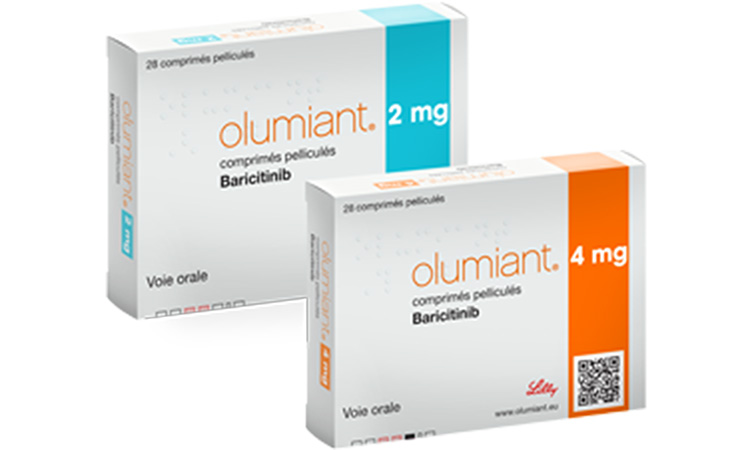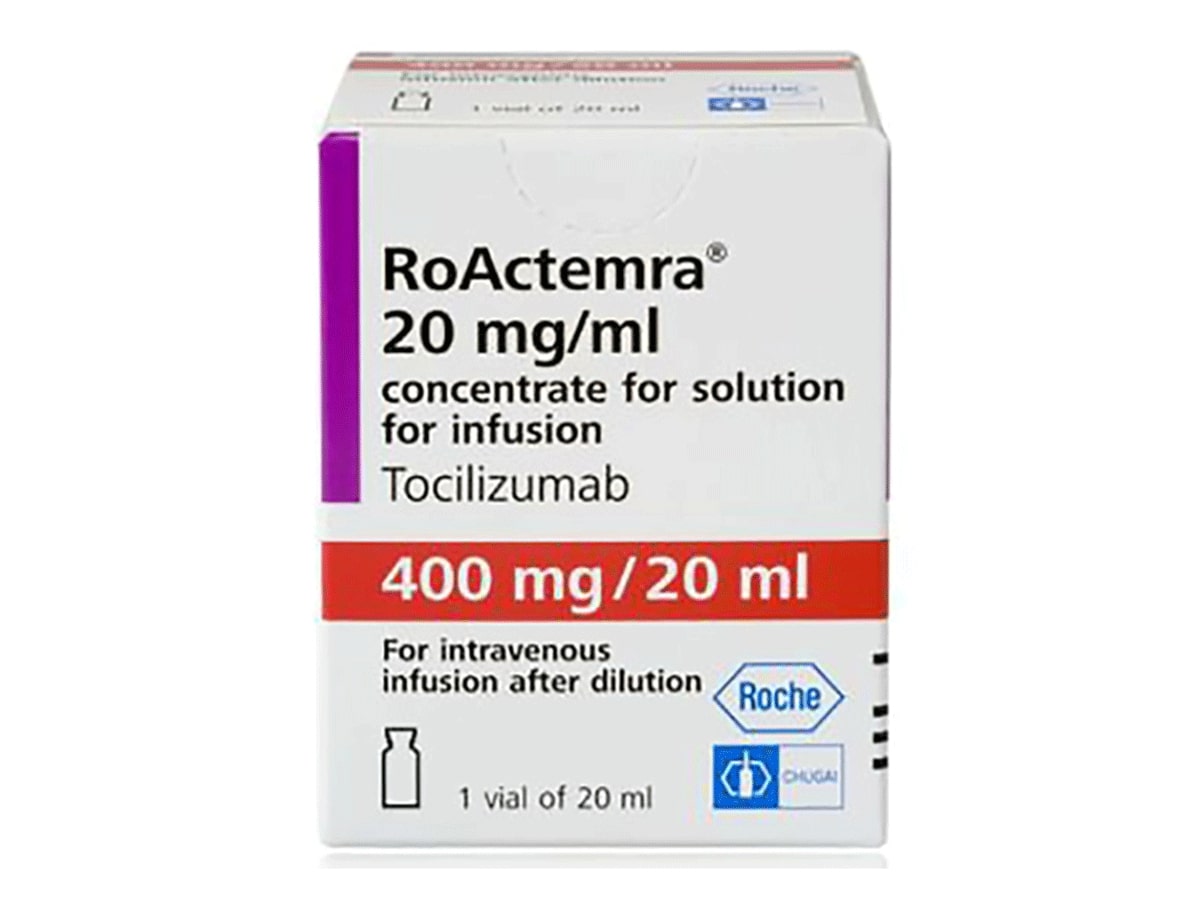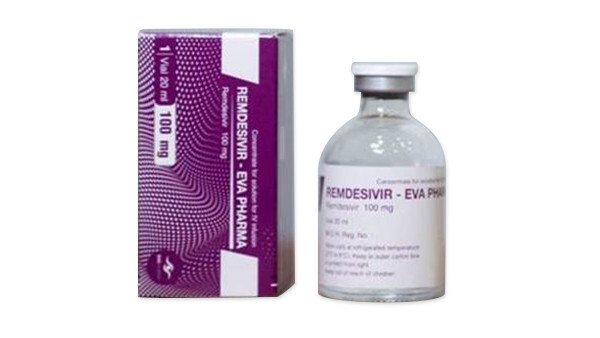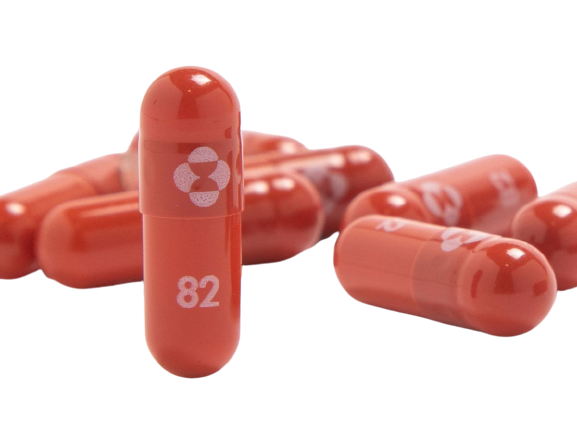New COVID-19 treatments 2024
New COVID-19 Treatments 2024
COVID-19, also known as coronavirus disease 2019, is an infectious disease caused by the severe acute respiratory syndrome coronavirus 2 (SARS-CoV-2). It first emerged in late 2019 in Wuhan, China, and quickly spread globally, leading to an ongoing pandemic. Symptoms of COVID-19 can range from mild to severe and include fever, cough, shortness of breath, fatigue, and loss of taste or smell. Severe cases can lead to pneumonia, multiple organ failure, and even death, particularly in older adults and those with underlying health conditions. The disease is primarily transmitted through respiratory droplets when an infected person coughs, sneezes, or talks.
When considering treatment options for COVID-19, it is important to consult with healthcare professionals who can provide guidance based on the latest medical evidence and the individual's health status. Several vaccines have been authorized for emergency use to prevent COVID-19, and vaccination is recommended to reduce the risk of severe illness and death. For those who contract COVID-19, treatment options may include antiviral medications, monoclonal antibodies, and supportive care to manage symptoms. The antiviral drug remdesivir has been approved for the treatment of COVID-19 in certain situations, and dexamethasone, a corticosteroid, has been shown to reduce mortality in hospitalized patients requiring oxygen. It is critical for patients to follow the advice of their healthcare providers and stay informed about new treatments as research and clinical trials continue.

Treatment options
| Treatment option | Estimated cost | Efficacy | Eligibility |
|---|---|---|---|
| Monoclonal Antibodies | Varies | High for early treatment | High-risk patients |
| Olumiant (Baricitinib) | $1500 - $2500 | Moderate | Hospitalized adults |
| RoActemra (Tocilizumab) | $3000 - $5000 | Moderate to high | Hospitalized adults |
| Veklury (Remdesivir) | $2340 - $3120 | Moderate to high | Hospitalized adults and children |
| Lagevrio (Molnupiravir) | $700 - $800 | Moderate | Adults with mild to moderate COVID-19 |
| Paxlovid (Nirmatrelvir and Ritonavir) | $530 | High | Adults and children over 12 with mild to moderate COVID-19 |
| Dexamethasone | $10 - $100 | Moderate | Hospitalized patients |
| Convalescent Plasma | Varies | Uncertain | Selected hospitalized patients |
| Antiviral Drugs (Experimental) | Varies | Varies | Varies |
| Vaccines (Preventative) | Free - $50 (administration fee) | High | Most individuals |
Treatments options in detail
Antiviral Medications
Antiviral medications are a cornerstone in the treatment of COVID-19. One of the most widely used antivirals is Remdesivir, known by its brand name Veklury, which has received full approval from the U.S. Food and Drug Administration (FDA) for the treatment of COVID-19 in hospitalized patients. Veklury works by inhibiting the replication of the SARS-CoV-2 virus, and it is typically administered intravenously.
Another significant addition to the antiviral treatment landscape is Paxlovid, an oral medication that combines nirmatrelvir and ritonavir. Paxlovid has received Emergency Use Authorization (EUA) from the FDA for the treatment of mild to moderate COVID-19 in patients who are at high risk for progressing to severe disease. It works by inhibiting a protease enzyme that the virus needs to replicate.
Lagevrio, also known as molnupiravir, is an oral antiviral medication that has been granted EUA by the FDA for the treatment of mild to moderate COVID-19 in adults who are at risk for severe disease and for whom alternative COVID-19 treatment options authorized by the FDA are not accessible or clinically appropriate. Lagevrio introduces errors into the viral RNA, thereby hindering the virus's ability to replicate.
Monoclonal Antibodies
Monoclonal antibodies are lab-made proteins that mimic the immune system’s ability to fight off harmful pathogens. These treatments have been used for patients with COVID-19 to help their immune system recognize and respond more effectively to the virus. However, the emergence of new variants has affected the efficacy of some monoclonal antibody treatments, and the FDA has revised authorizations as the pandemic has evolved. It is important to consult current guidelines and recommendations as these treatments are subject to change based on the circulating variants of the virus.
Anti-Inflammatory Agents
Anti-inflammatory agents play a critical role in managing the inflammatory response associated with severe COVID-19. Dexamethasone, a corticosteroid, has become a standard treatment for hospitalized patients requiring supplemental oxygen. It has been shown to reduce mortality in these patients by dampening the overactive immune response that can lead to complications such as acute respiratory distress syndrome (ARDS).
Baricitinib, sold under the brand name Olumiant, is an oral medication that inhibits Janus kinase (JAK), which can reduce the immune system's overreaction to the virus. It has been granted EUA by the FDA for use in combination with Remdesivir in hospitalized patients who require supplemental oxygen, invasive mechanical ventilation, or extracorporeal membrane oxygenation (ECMO).
Tocilizumab, known by its brand name RoActemra, is an interleukin-6 (IL-6) receptor antagonist that has been used off-label for severe COVID-19 and has received EUA by the FDA for certain hospitalized patients. It is typically reserved for patients exhibiting rapid respiratory decompensation due to COVID-19, as it can help to reduce inflammation.
Supportive Care
Supportive care remains a fundamental aspect of treating COVID-19 and includes a range of treatments aimed at relieving symptoms and supporting organ function. This includes the administration of supplemental oxygen for patients with hypoxemia, mechanical ventilation for those with respiratory failure, and other organ support measures as needed. Supportive care also encompasses the management of secondary bacterial infections, the prevention of thrombosis, and the provision of nutritional support.
Experimental Treatments
A number of experimental treatments for COVID-19 are under investigation, though they have not been approved by the FDA. These include various repurposed medications, immunomodulatory agents, and other novel therapies. Some of these treatments have shown promise in early trials, but more research is needed to determine their efficacy and safety.
One area of ongoing research is the use of convalescent plasma, which involves transfusing plasma from recovered COVID-19 patients into infected individuals in the hope of conveying passive immunity. However, the FDA has limited the emergency use of convalescent plasma to hospitalized patients early in the disease or those with impaired humoral immunity and has emphasized the need for more data.
Another experimental approach is the use of ivermectin, an antiparasitic drug that has been proposed as a treatment for COVID-19. However, current evidence does not support its use, and health authorities have recommended against its use outside of clinical trials.
Preventive Measures
In addition to treatment options, preventive measures such as vaccination play a crucial role in managing the COVID-19 pandemic. Vaccines have been shown to reduce the risk of severe disease, hospitalization, and death. Booster doses are recommended for certain populations to maintain immunity against the virus, particularly in the face of emerging variants.
Non-pharmaceutical interventions, such as physical distancing, mask-wearing, and hand hygiene, continue to be important strategies for reducing transmission of the virus and protecting public health.
Conclusion
The treatment of COVID-19 is multifaceted and evolving as new data emerge and the virus changes. It is important for healthcare providers to stay informed about the latest treatment guidelines and for patients to consult with their healthcare providers about the most appropriate treatment options for their individual circumstances. As the pandemic continues, ongoing research and clinical trials will likely lead to the development of new treatments and refinement of existing protocols to combat COVID-19.
Symptoms
Most Common Symptoms of COVID-19
The most common symptoms of COVID-19, which may appear 2-14 days after exposure to the virus, include fever, cough, and tiredness. Fever is a key sign, often accompanied by chills or sweating. The cough is typically dry and persistent, without producing phlegm. Tiredness in COVID-19 patients can range from mild fatigue to severe exhaustion, making it difficult to engage in normal daily activities.
Other Common Symptoms
In addition to the primary symptoms, individuals with COVID-19 may also experience a variety of other symptoms. These include aches and pains, often described as muscle or joint pain, and a sore throat, which can make swallowing uncomfortable. Headaches are also frequently reported, varying in intensity. Loss of taste or smell is a distinctive symptom that many individuals experience, even without the presence of a runny or stuffy nose. Nasal congestion and runny nose can occur, although they are less commonly associated with COVID-19 compared to other respiratory illnesses. Diarrhea and nausea or vomiting are gastrointestinal symptoms that some patients may encounter.
Less Common Symptoms
Less common symptoms that have been observed in COVID-19 patients include skin rashes or discoloration of fingers or toes, also known as "COVID toes." Conjunctivitis, characterized by red, itchy, and watery eyes, is another less frequent symptom. Some individuals may experience shortness of breath or difficulty breathing, which can be particularly concerning and may require immediate medical attention. In addition, confusion or a reduced ability to wake or stay awake can be signs of a more severe infection and warrant prompt medical evaluation.
Symptoms in Children
Children with COVID-19 may exhibit symptoms similar to adults, such as fever, cough, and fatigue, but they are often milder. Some children may also have abdominal pain, diarrhea, and vomiting. It is important to note that children can be asymptomatic or present with very mild symptoms while still being able to transmit the virus to others.
Severe Symptoms
Severe symptoms of COVID-19 can develop in some patients, particularly in those with underlying health conditions or the elderly. These symptoms include severe difficulty breathing or shortness of breath, persistent pain or pressure in the chest, new confusion, inability to wake or stay awake, and bluish lips or face. These symptoms indicate a medical emergency, and immediate medical attention is necessary.
Long COVID or Post-COVID Conditions
Some individuals who have recovered from the acute phase of COVID-19 may continue to experience a range of lingering health issues, known as long COVID or post-COVID conditions. These symptoms can include fatigue, shortness of breath, cough, joint pain, and chest pain. Additionally, long COVID can involve cognitive symptoms such as difficulty concentrating, depression, muscle pain, headache, intermittent fever, and heart palpitations. These symptoms can persist for weeks or months after recovery from the initial infection and can affect the quality of life.
Asymptomatic Cases
It is also important to recognize that some individuals infected with COVID-19 may not exhibit any symptoms at all, known as being asymptomatic. Despite the absence of symptoms, asymptomatic individuals can still spread the virus to others, which has implications for public health strategies and the importance of widespread testing and preventive measures.
Variability of Symptoms
The presentation of COVID-19 symptoms can vary widely among individuals. Some may experience only mild symptoms, while others may become severely ill. The reasons for this variability are not fully understood but may be related to factors such as age, underlying health conditions, and individual immune responses. It is also possible for symptoms to fluctuate in severity over the course of the illness.
Monitoring Symptoms
Individuals who suspect they may have COVID-19 should monitor their symptoms closely and seek testing. It is recommended to stay isolated from others to prevent the spread of the virus. If symptoms worsen or severe symptoms develop, medical care should be sought immediately. Health care providers can offer guidance on symptom management and treatment options.
Comparison with Other Illnesses
COVID-19 symptoms can be similar to those of other respiratory illnesses, such as influenza (flu) or the common cold. It is essential to differentiate between these conditions through testing, as the management and public health implications differ significantly. Vaccination and preventive measures, such as wearing masks and practicing good hand hygiene, can help reduce the risk of contracting and spreading COVID-19.
Cure
Current Status of a Cure for COVID-19
As of the current state of medical knowledge, there is no definitive cure for COVID-19, the disease caused by the novel coronavirus SARS-CoV-2. The term "cure" implies a treatment that can reliably eliminate a disease or condition, restoring the patient to health. For COVID-19, treatment approaches are primarily supportive and aim to alleviate symptoms, while the body's immune system works to combat the virus.
Treatment Approaches for COVID-19
Treatment for COVID-19 varies depending on the severity of the case. For mild cases, care is supportive, focusing on symptom relief such as fever reduction and adequate hydration. Moderate to severe cases may require hospitalization and potentially intensive care, including oxygen therapy and mechanical ventilation for patients experiencing respiratory distress.
Antiviral Medications
Antiviral medications have been investigated for their potential to treat COVID-19. Remdesivir, an antiviral drug, received emergency use authorization from the U.S. Food and Drug Administration (FDA) for the treatment of COVID-19 in certain hospitalized patients. It has been shown to shorten the recovery time in some hospitalized patients but is not considered a cure as it does not work for everyone and does not eliminate the virus in all cases.
Monoclonal Antibodies and Other Therapeutics
Monoclonal antibodies that target the spike protein of SARS-CoV-2 have been developed and granted emergency use authorization for the treatment of mild to moderate COVID-19 in high-risk patients to prevent progression to severe disease. Examples include bamlanivimab and etesevimab administered together, and casirivimab with imdevimab. These treatments have shown promise in reducing hospitalization rates but are not cures for COVID-19.
Corticosteroids
Corticosteroids such as dexamethasone have been used to treat COVID-19 patients experiencing severe inflammatory responses. Dexamethasone has been shown to reduce mortality rates among those receiving respiratory support, but it is not suitable for patients with milder disease and is not a cure.
Supportive Care
Supportive care remains the mainstay of treatment for COVID-19. This includes measures such as rest, hydration, and the use of over-the-counter medications to relieve symptoms like fever and cough. In hospitalized patients, supportive care also includes nutritional support, prevention of secondary infections, and management of any organ dysfunction.
Vaccination as a Preventive Measure
While not a cure, vaccination against COVID-19 is a critical component of the global response to the pandemic. Several vaccines have been developed and authorized for emergency use or fully approved by regulatory agencies around the world. Vaccines help prevent infection or reduce the severity of the disease if infection occurs, thereby reducing the overall burden of COVID-19.
Research and Development
Research into COVID-19 is ongoing, with numerous clinical trials investigating various potential treatments, including antiviral drugs, immune modulators, and other therapeutic agents. The goal is to find more effective treatments that can prevent severe disease, reduce viral shedding, and improve outcomes for patients with COVID-19.
Conclusion on COVID-19 Cure
In conclusion, while there is no cure for COVID-19, a combination of supportive care, antiviral medications, monoclonal antibodies, corticosteroids, and vaccination form the current approach to managing and preventing the disease. The situation is dynamic, and medical professionals are continuously evaluating new data and treatments as they become available. The scientific community remains committed to finding more effective treatments and ultimately a cure for COVID-19.
Access COVID-19 medicines today
If COVID-19 medicines are not approved or available in your country (e.g. due to supply issues), you can access them via Everyone.org.
How Everyone.org works

Make an enquiry
Choose the medicine you want to access, answer a couple of questions, and upload your prescription to speed things up. We’ll get back to you within 24 hours.


Make an enquiry
Choose the medicine you want to access, answer a couple of questions, and upload your prescription to speed things up. We’ll get back to you within 24 hours.


Breeze through the paperwork
We'll guide you through the required documents for importing unapproved medicine, ensuring you have all the necessary information.


Get a personalized quote
We’ll prepare a quote for you, including medicine costs and any shipping, administrative, or import fees that may apply.


Receive your medicine
Accept the quote and we’ll handle the rest - sourcing and safely delivering your medicine.

Some text on this page has been automatically generated. Speak to your physician before you start a new treatment or medication.
Let's talk
If you have any questions, call us or send us a message through WhatsApp or email:
Contact us






